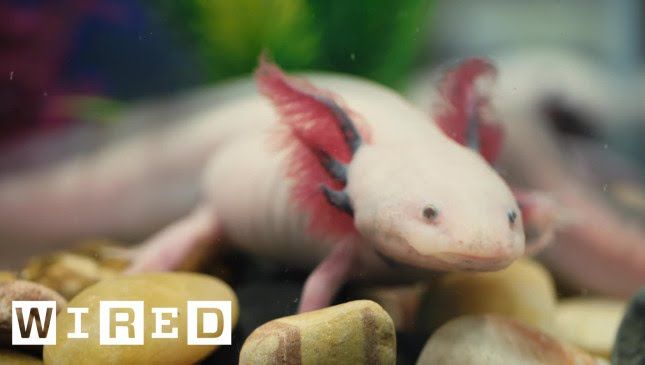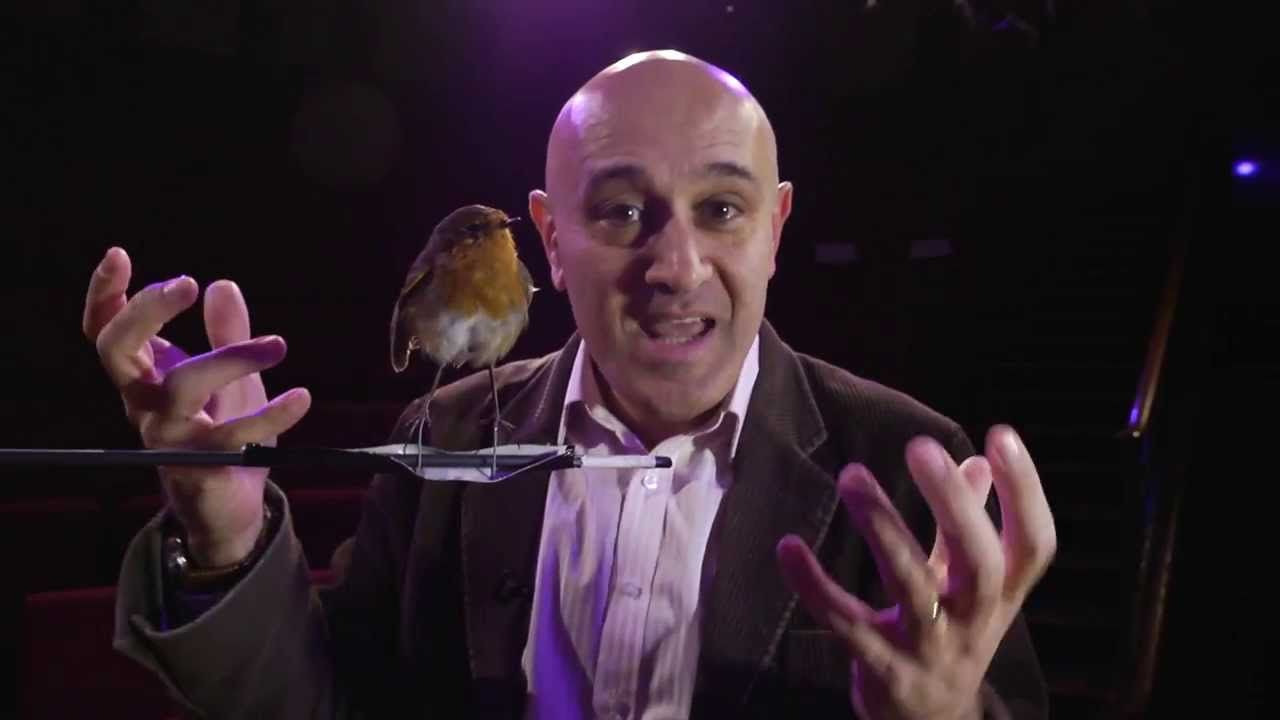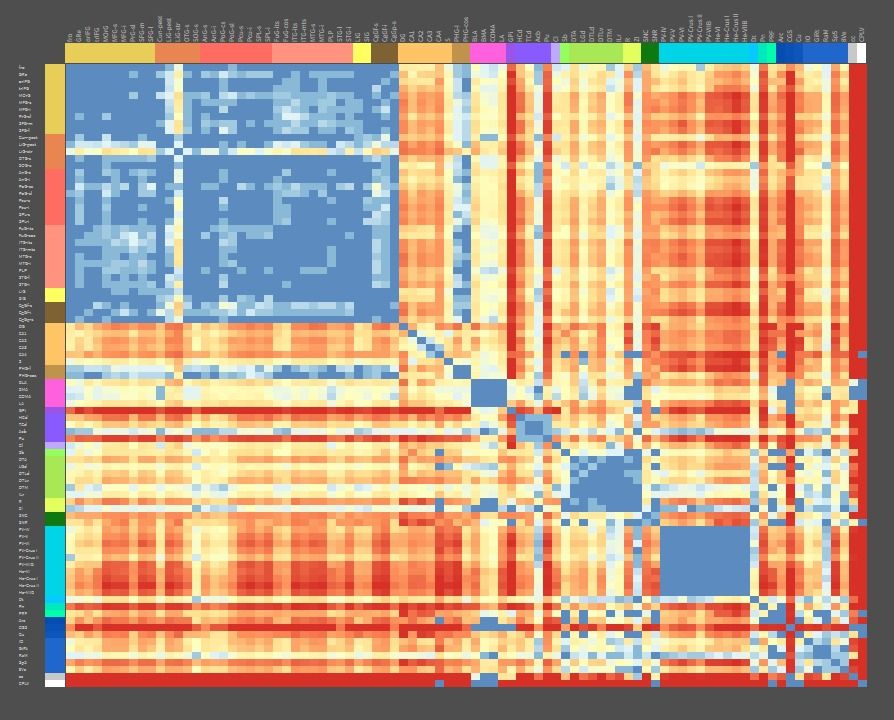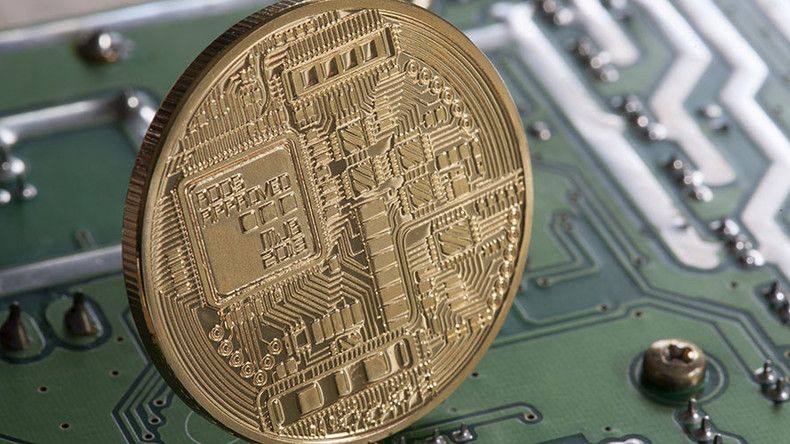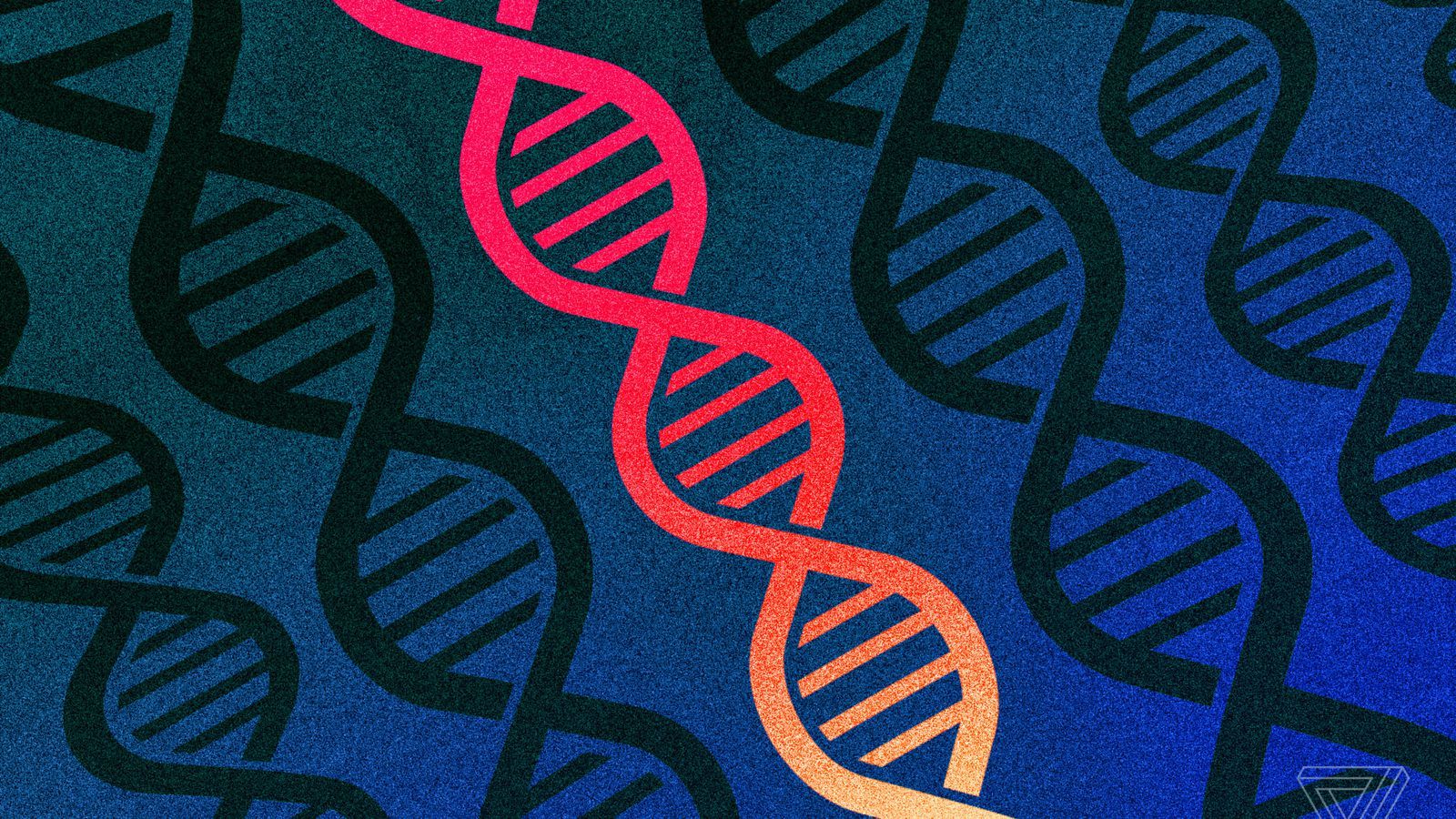Page 9931
Sep 4, 2017
3 of Nature’s Greatest Mysteries May Be Solved Thanks to Quantum Biology
Posted by Klaus Baldauf in categories: biological, quantum physics
Sep 4, 2017
Breakthrough Molecular 3D Printer Can Print Billions of Possible Compounds
Posted by Paul Gonçalves in categories: 3D printing, biotech/medical, solar power, sustainability
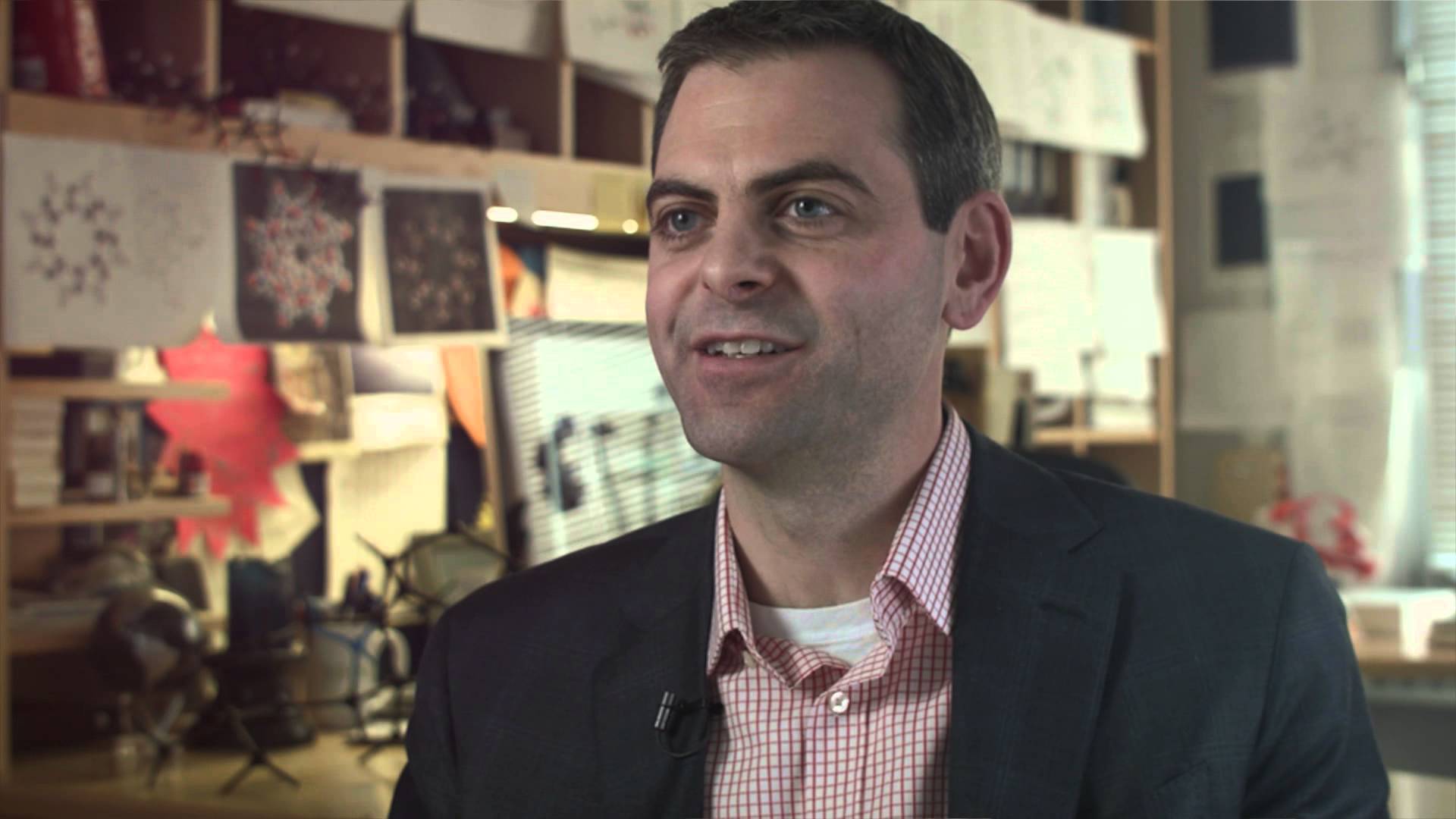
What will 3D printers ultimately evolve into? No one has a functioning crystal ball in front of them I assume, but a good guess would be a machine which can practically build anything its user desire, all on the molecular, and eventually atomic levels. Sure we are likely multiple decades away from widespread molecular manufacturing, but a group of chemists led by medical doctor Martin D. Burke at the University of Illinois may have already taken a major step in that direction.
Burke, who joined the Department of Chemistry at the university in 2005, heads up Burke Laboratories where he studies and synthesizes small molecules with protein-like structures. For those of you who are not chemists, small molecules are organic compounds with very low molecular weight of less than 900 daltons. They usually help regulate biological processes and make up most of the drugs we put into our bodies, along with pesticides used by farmers and electronic components like LEDs and solar cells.
Sep 4, 2017
Christian transhumanism? Yes, says pastor
Posted by Zoltan Istvan in categories: ethics, transhumanism
Facts of life, even for passionate seperation of church and state advocates like me: Religious #transhumanism is growing.
WASHINGTON – A Christian pastor from Florida is promoting acceptance of some forms of transhumanism, saying believers should be open to finding an “ethical alternative” to the complete rejection of the scientific, technical and philosophical transhumanist movement that has already begun.
Rev. Christopher Benek, associate pastor of family ministries and mission at First Presbyterian Church in Fort Lauderdale, writes in the Christian Post that it’s time for the development of “Christian transhumanism.”
Continue reading “Christian transhumanism? Yes, says pastor” »
Sep 4, 2017
Decoding the patterns that make our brains human
Posted by Roman Mednitzer in category: neuroscience
Each of our human brains is special, carrying distinctive memories and giving rise to our unique thoughts and actions. Most research on the brain focuses on what makes one brain different from another. But recently, Allen Institute researchers turned the question around.
“So much research focuses on the variations between individuals, but we turned that question on its head to ask, what makes us similar?” says Ed Lein, Ph.D., Investigator at the Allen Institute for Brain Science. “What is the conserved element among all of us that must give rise to our unique cognitive abilities and human traits?”
Their work, published this month in Nature Neuroscience, looked at gene expression across the entire human brain and identified a surprisingly small set of molecular patterns that dominate gene expression in the human brain and appear to be common to all individuals.
Continue reading “Decoding the patterns that make our brains human” »
Support the MouseAGE project with this exclusive T-shirt and help speed up scientific progress and save animal lives: https://www.lifespan.io/campaigns/mouseage-photographic-agin…/#reward_5
Just one of the cool rewards for supporting the project!
Sep 4, 2017
BRICS countries considering own cryptocurrency as settlement mechanism
Posted by Carse Peel in categories: cryptocurrencies, economics, finance
The BRICS Finance Committee is discussing a joint virtual currency for the five nation bloc of developing economies, according to the Russian Direct Investment Fund (RDIF) chief Kirill Dmitriev.
Sep 4, 2017
Two-thirds of Americans approve of editing human DNA to treat disease
Posted by Carse Peel in categories: bioengineering, biotech/medical
About two-thirds of Americans support the use of gene editing to treat diseases, according to a new survey. But opinions vary a lot based on people’s religious beliefs and how much they know about gene editing in general.
The research, published earlier this month in Science, shows that across the board, people want to be involved in a public discussion about editing the human genome. And that conversation with scientists and public officials needs to happen now, as the technology is still developing, says study co-author Dietram Scheufele, a science communication scholar at the University of Wisconsin-Madison. The results are based on a survey of 1,600 US adults conducted in December 2016 and January 2017.
Sep 4, 2017
How Humans Will Finally Reach Interstellar Space
Posted by Carse Peel in category: space travel
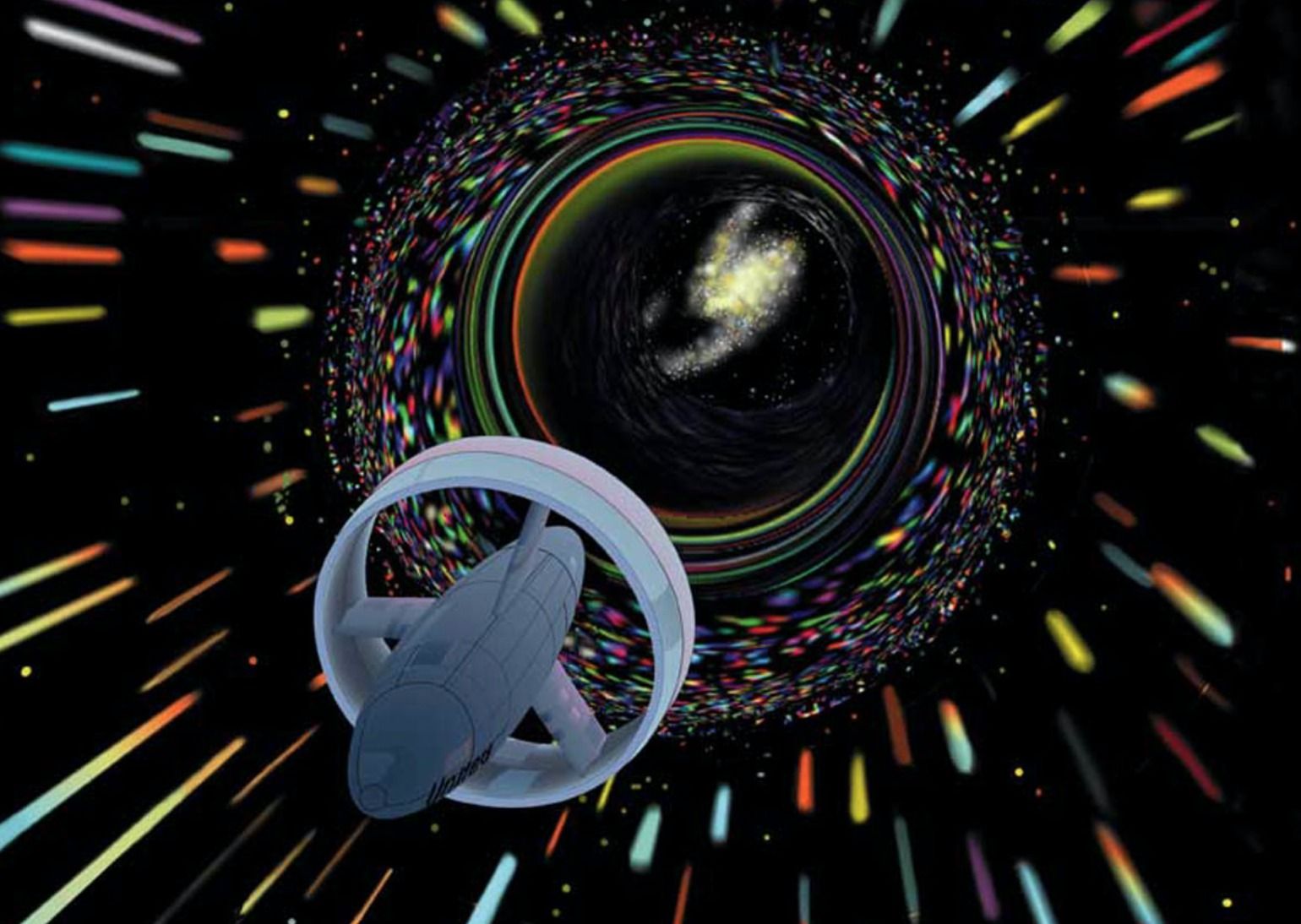 Four decades ago, Voyager 1 and 2 began their journey to the stars. When will humans follow them?
Four decades ago, Voyager 1 and 2 began their journey to the stars. When will humans follow them?
Editor’s note: This is a companion piece to the science fiction short “Dark was the night, and cold the ground,” published Thursday in Terraform.
As the summer of 1977 drew to a close, twin siblings bid farewell to Earth to explore the ultimate frontier. They wrote back often, and sent lots of beautiful postcards, so that everyone at home could keep up with their adventures. Each of them carried an identical golden time capsule, filled with the sights and sounds of the world they left behind, so they could act as ambassadors to any other lifeforms they might encounter on their endless journey.
Continue reading “How Humans Will Finally Reach Interstellar Space” »
Sep 4, 2017
Russia, China to Join Together in Space Exploration Effort
Posted by Carse Peel in categories: robotics/AI, satellites, space travel
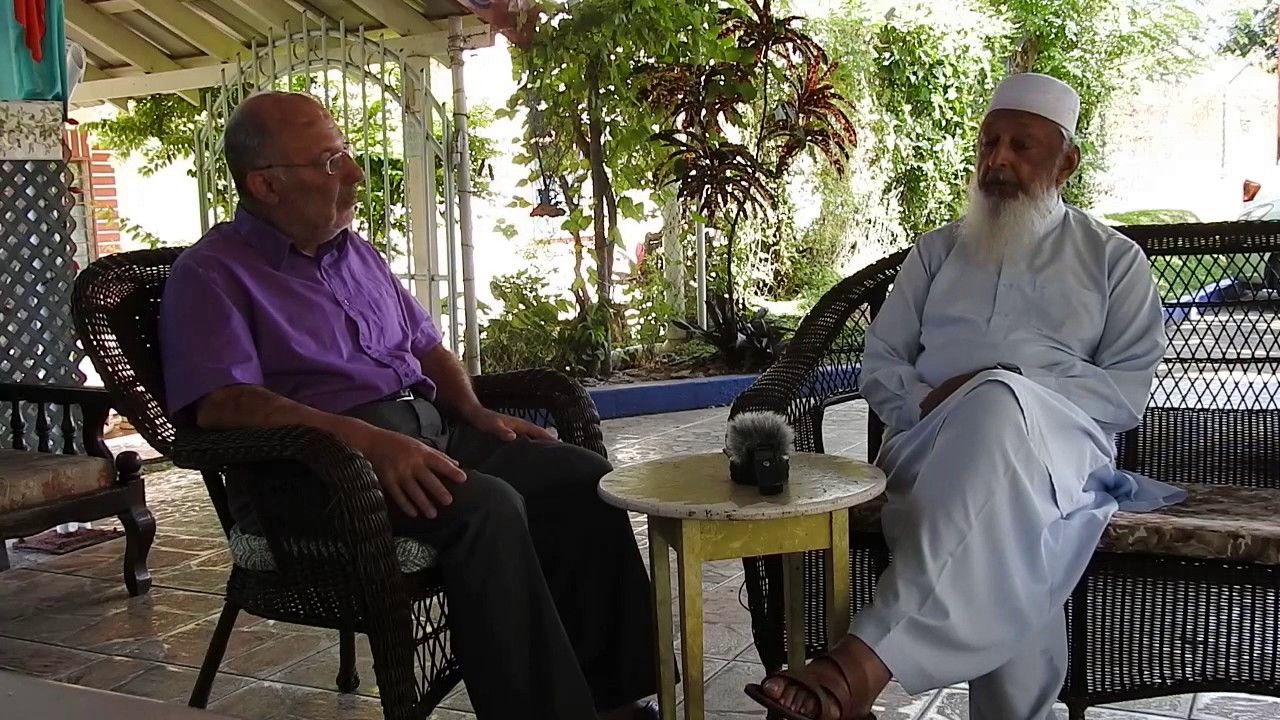
https://youtube.com/watch?v=a3QXjbdE9Tw
China and Russia are set to sign a milestone agreement in October on joint space exploration from 2018 to 2022, sending manned missions to the Moon for the first time. The bilateral agreement will cover five areas including lunar and deep space exploration, developing special materials, collaboration in the area of satellite systems, Earth remote sensing, and space debris research. This is the first bilateral agreement to cover a partnership spanning five years. It is to be signed against the background of space exploration race the US is trying to win, so the two partners decided to join the efforts. In February, the Trump administration asked NASA to look into the possibility of manning a heavy-lift rocket mission, expected to be launched in 2018, setting the stage for a human return to the Moon.
Russia’s Glavkosmos space launch operator is also working with Chinese partners on joint experiments aboard the International Space Station (ISS). China was interested in buying the world’s most powerful Russian-made RD rocket engines produced by Energomash while Russian Space Systems showed interest in Chinese electronic technology.
Continue reading “Russia, China to Join Together in Space Exploration Effort” »
